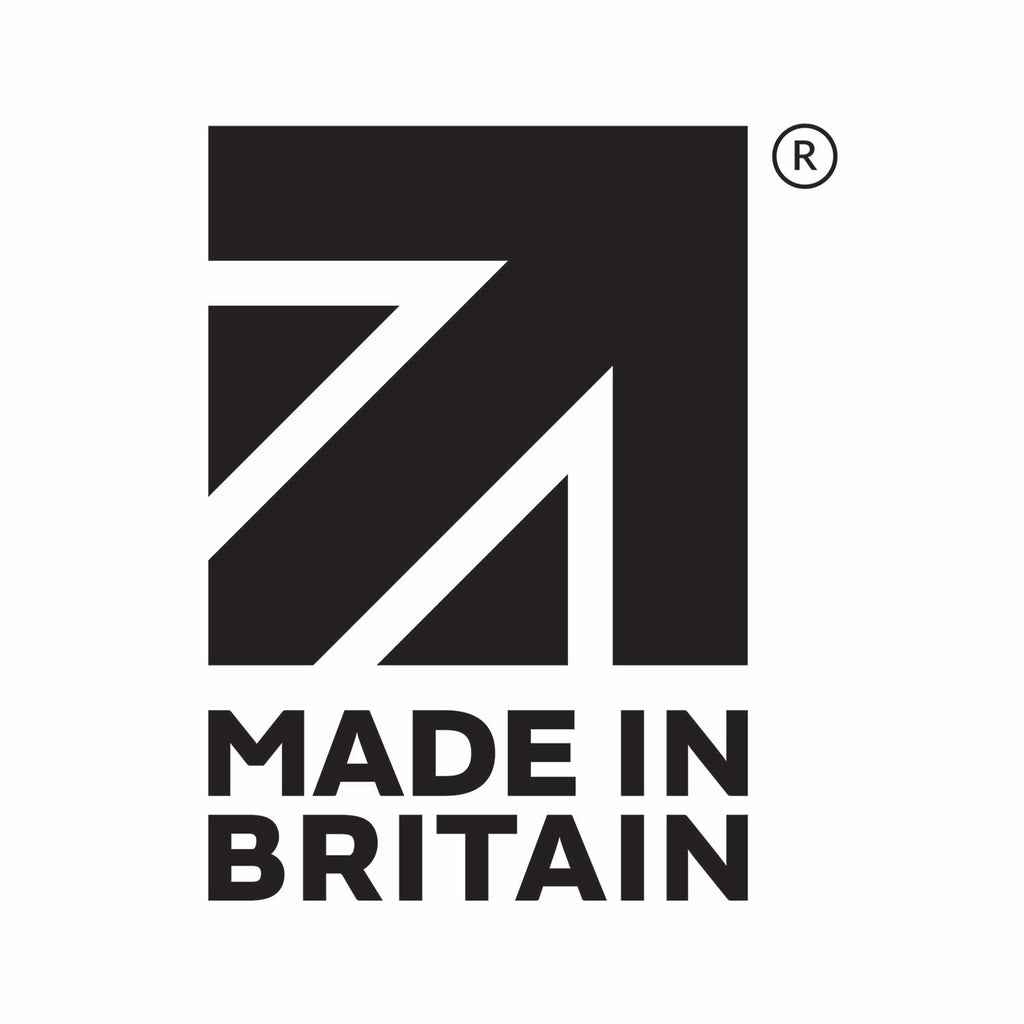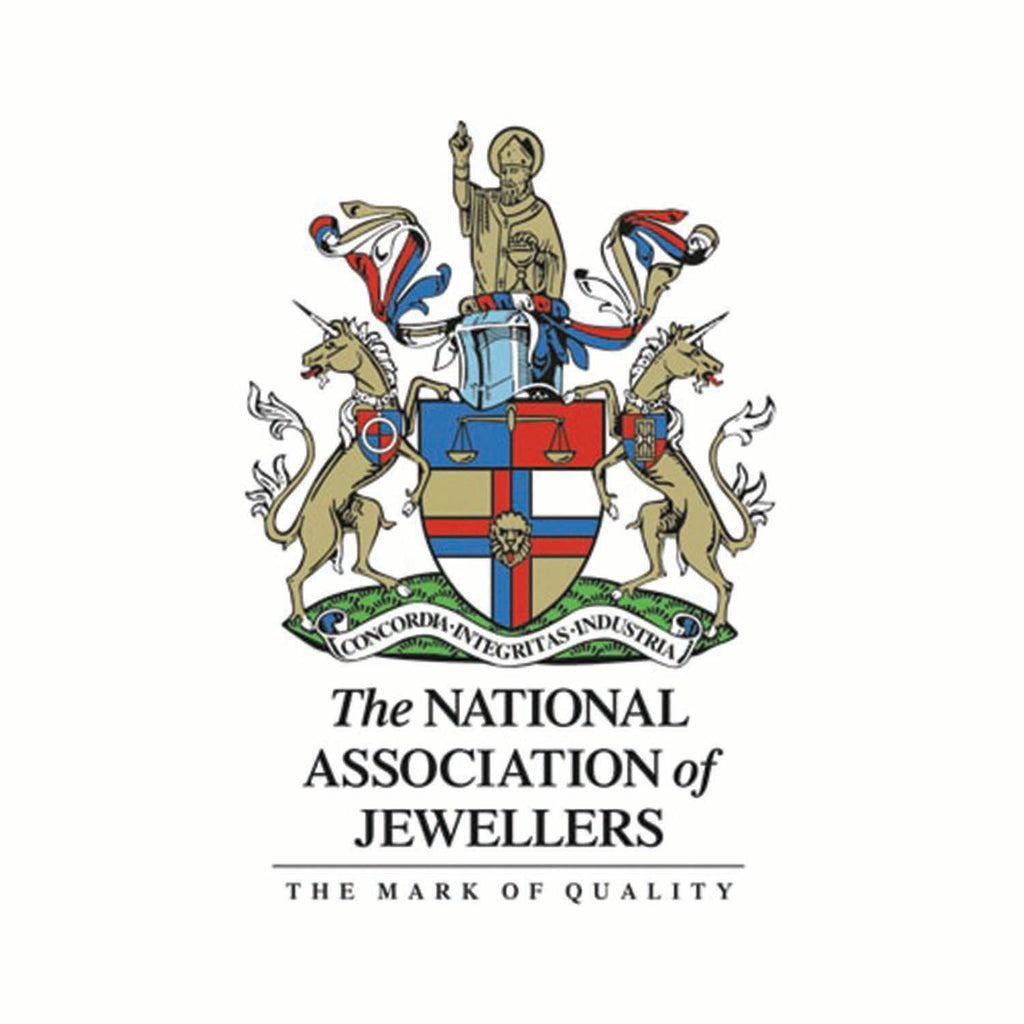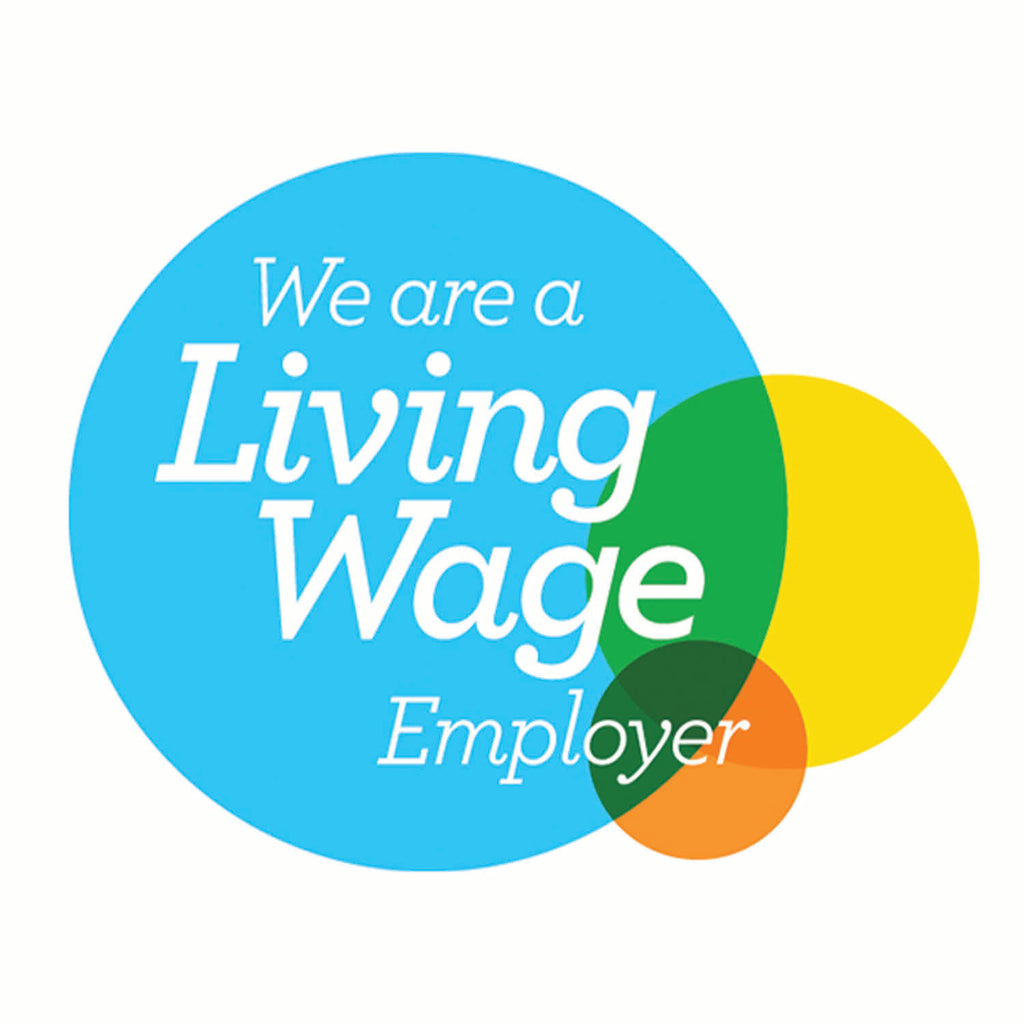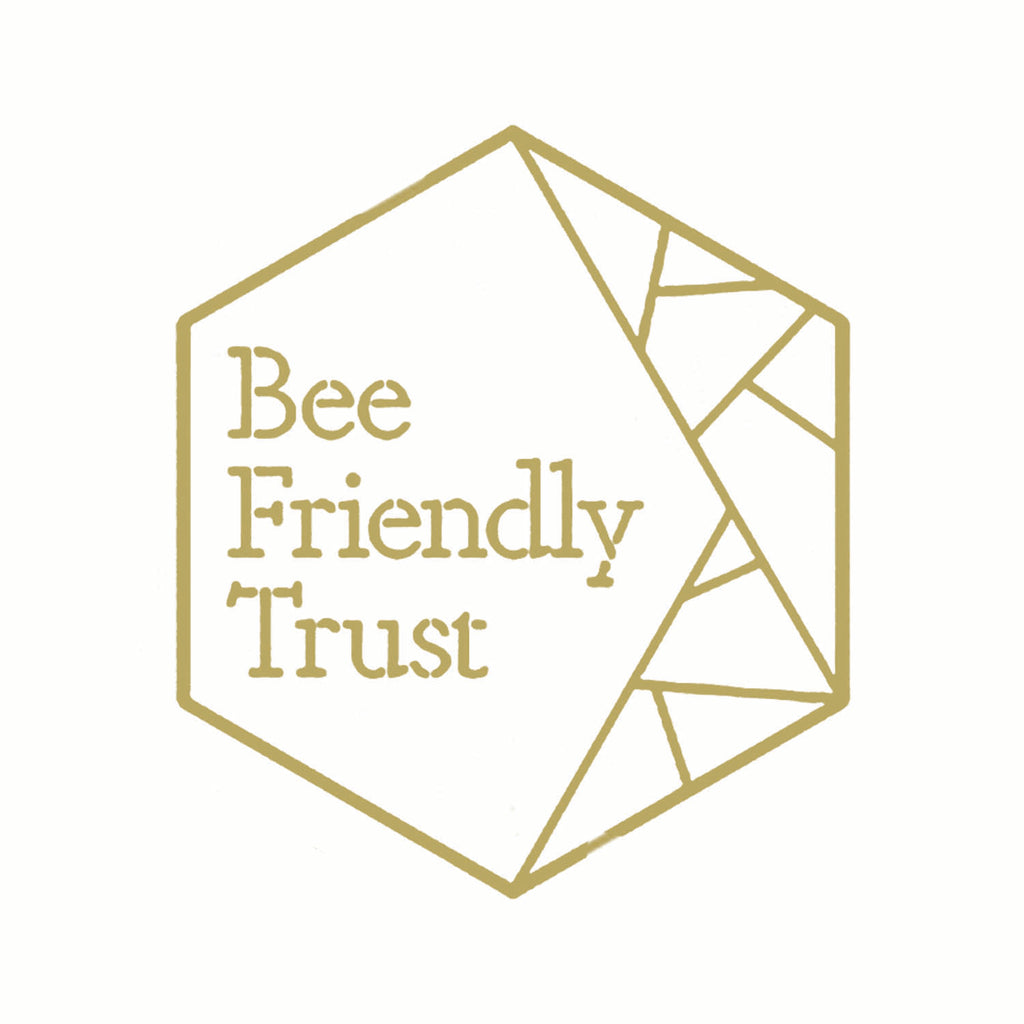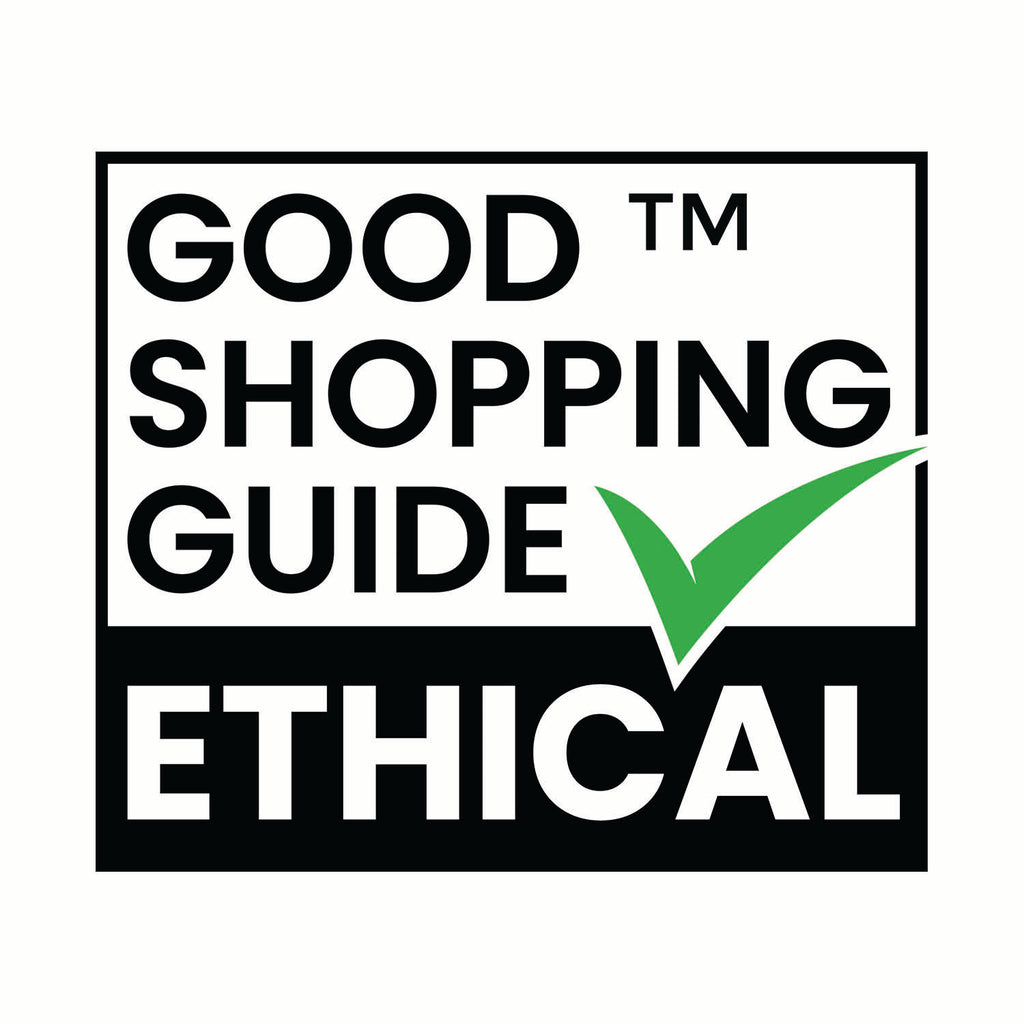A Conscious Conversation with Besma Whayeb
Earlier this month we sat down (virtually) with Besma Whayeb of Curiously Conscious to talk all things ethical. Besma is a London-based sustainable fashion and lifestyle blogger who has been an advocate for sustainable lifestyle and fashion choices for over 5 years. She works within the industry to raise awareness about brands and individuals who have the same positive goal.

- Was there a particular moment when you decided you wanted to make steps to be more sustainable or have you always been conscious of this?
I grew up recycling and conscious of my energy consumption, but the real spark was when I moved to Paris as part of my degree. I got to understand where food comes from, and why provenance is such an important part of that. It made me question where everything I own comes from, and whose hands it passes through to get to me.
- Do you have opinions on the price of sustainable goods – we try to create a range of price points so our jewellery is open to everyone - but not everyone can afford responsibly made products, can this sometimes make making ethical choices prohibitive?
Pricing - and money - in the sustainability space is a difficult subject. On one hand, designers, creatives, makers, and anyone in any supply chain deserves to be paid a living wage (if not more) and this raises the price of goods. At the same time, it can reduce the accessibility of sustainable goods, and can feel like a barrier to engaging with environmentalism generally.
Personally, I recommend changing how you shop - buy less, buy better, save up and go for investment pieces. I also recommend second-hand shopping, which I use for buying vintage and designer items that would be priced-out for me anyway.
And finally, where you can’t afford or access something, ask why. Why does society penalise saving money, and encourage us to go into debt to buy things? Why aren’t we paid more for our work? Why do the low-cost conventional alternatives generate big profits for business, which is hoarded away? We all deserve better access and fair pay.

- Is it important to you as a woman to promote ethical supply chains being that woman are likely making fast fashion. Can you recommend any good, transparent fashion labels that are affordable for women in their 20’s and 30’s?
Part of my work feels very connected to others, but I can’t say that I know what it’s like to work in such a supply chain. All I can say is that I’ve had poor work experiences in my own career, from bullying through to non-payment of invoices, and nobody deserves to be marginalised and on the end of that.
Fashion labels I love and recommend include: Birdsong, Know The Origin, Nudie Jeans, People Tree, Sezane, Springkode, Young British Designers.
- Do you listen to any podcasts or have you ready any good books that you think our readers would find useful if they want to live more ethically?
Yes! This Is A Good Guide is a wonderful encyclopaedia to sustainable living, The Curated Closet is great for honing your sustainable style, and Bea Johnson’s Zero Waste Home is full of ideas for reducing your personal impact around the house.


- Do you have any sustainability/ethical idols?
So many - Emma Watson, Greta Thunberg, Aisling Bea, Sir David Attenborough, Céline Semaan, Alexandria Ocasio-Cortez… I could go on.
- Can you describe what ‘Ethical influencers’ is and what inspired you to create it?
Ethical Influencers is a digital community for creatives who promote sustainability in their work - be it podcasters, bloggers, IG influencers, public speakers. Anyone has the power to influence for good, and yet I kept seeing the same faces (mine included) invited to step up to the microphone or work with brands. So, I started Ethical Influencers: a free community providing connection and support, as well as brand opportunities and events.
- This or that – sustainably handmade or 2nd hand?
Sustainably handmade wins me over every time, because the craftsmanship is so high and I truly do care for each piece that much more. That said, most of my closet is made up of second-hand because it’s more affordable, and I also run clothes swaps (with my three best friends, called The Haulternative Closet).
- What's your Zodiac symbol?
Pisces - my guilty pleasure is checking my horoscope.
- Can you offer 3 small changes people can make to live more ethically/consciously.
1. Figure out what you do habitually, and see if you can change those habits to something less impactful. Small changes are easier to make, and your effect will be cumulative over time.
2. Combine those individual actions with commercial and political: change your energy provider. Change your bank. Contact your MP.
3. Share the changes you’re making with others - they may be inspired to do the same. The ripple effect can be powerful!

If you want to find out more about Besma and Curiously Conscious you can find her on Instagram and on her site


